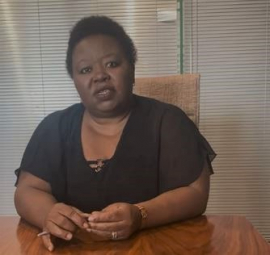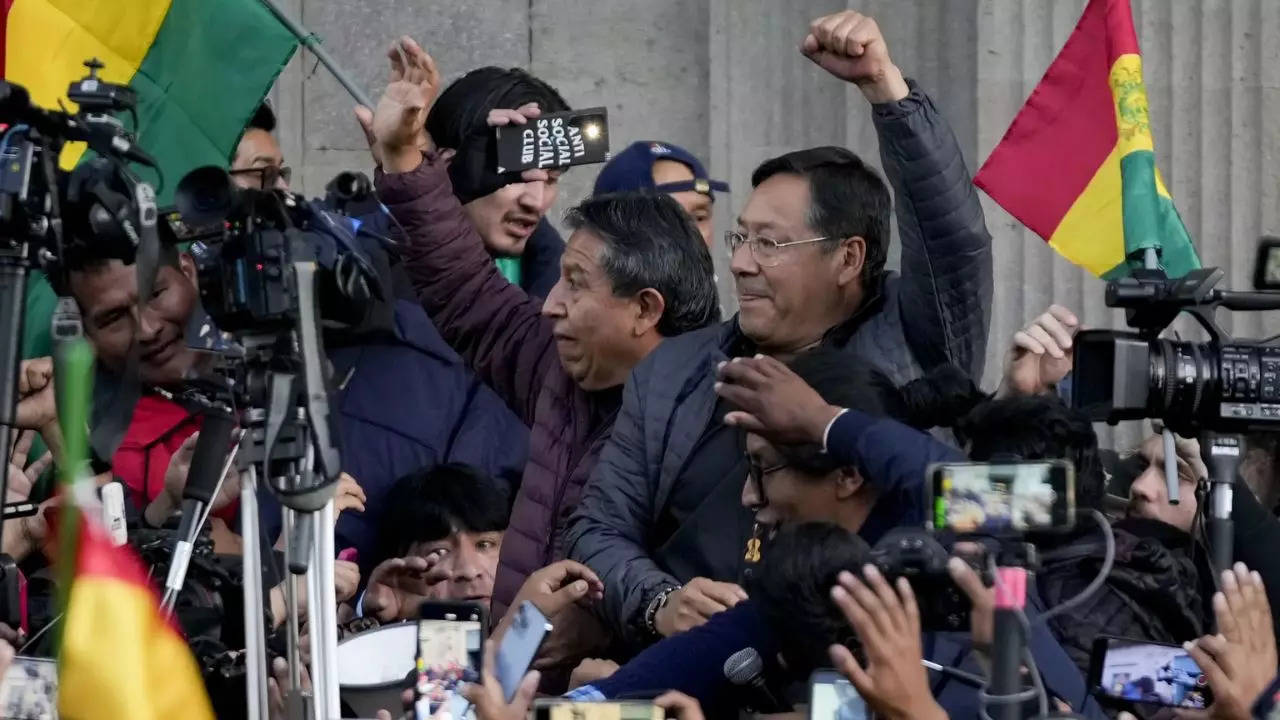Pa: Phumla Williams
South Africa’s COVID-19 journey began shortly after midnight on Friday 27 March 2022, when President Cyril Ramaphosa urged us to stay at home and observe a 21-day correction period. The initial lockdown was extended again on April 9, 2022, followed by a series of subsequent lockdowns due to the need to save lives and livelihoods.
What followed was the greatest test our nation had ever faced; cut off from family, friends and support networks, we all had to draw on our inner reserves of strength and resilience to keep going.
Faced with an invisible and largely unknown enemy, communication has become our primary weapon for behavior change. The story of the power of communication and partnership has been brought to life for the first time with the publication of the GCIS COVID-19 Communication Digital Book, which will be released in the first half of November 2022.
This e-book describes the work of South African communication professionals and partners and tells how communication changed the course of the pandemic. The book looks back at key moments in the struggle, such as the arrival of students from Wuhan, China. It also examines our grassroots behavior change campaign, which focused on the need to mask, sanitize, wash hands and social distance.
It explores the evolution of our journey from uncertainty in the early days of the pandemic to the deployment of the largest event in our history in the form of the mass vaccination campaign against COVID-19. Nearly 38 million doses of vaccine have now been administered, largely because our communications have consistently emphasized that vaccines are our best weapon against the pandemic and reduce the risk of serious illness, hospitalization and death .
The ebook also captures the anguish and pain we’ve gone through as a nation, and the loss and devastation we’ve felt at the loss of loved ones. The COVID-19 pandemic has caused severe human suffering and claimed many precious lives, including the late minister in the presidency, Jackson Mthembu. Minister Mthembu’s untimely death has shocked GCIS and the wider Government Communications family and deprived our country of one of its finest public servants and public communicators.
South Africans had to adapt to a new way of life for almost two years. We must never forget that the pandemic has seriously affected every aspect of people’s lives and forced everyone to adopt new ways of doing things. It also affected the way governments around the world communicated and interacted with the public.
The reality is that no one has ever faced a problem of this magnitude, but the important task of educating and reassuring the public remains. The challenge was enormous and it took a huge physical and mental toll on those on the front lines. In the first few days of the pandemic, especially during the initial declaration of the national emergency, hardly anyone at GCIS slept. Every hour was precious, and communicators worked round the clock to ensure continuity in government operations.
One of the hallmarks of the government’s handling of this pandemic has been listening to the people and their concerns. We have continuously evaluated our operations and made changes to our practices to best respond to various challenges.
One of the biggest challenges at this time was communication while dealing with a virus that took away our ability to interact directly. GCIS has found new ways to reach people through the use of digital platforms such as national portals, mobile apps and social media. South Africans were also able to watch live broadcasts of press briefings and government announcements from their homes, and we also ensured that most media briefings were broadcast live on public radio stations reaching remote rural areas of the country.
Most of all, this period showed the strength of partnership. The media, as a vital partner, was constantly updated on the situation, which was still rapidly evolving. Through regular virtual meetings, press conferences and interactions, we kept the media informed so that they could convey important information to the public.
The partnerships we have developed with civil society organizations have helped to quickly take action to prevent unnecessary exposure to the virus. These stakeholders will also be powerful agents to educate people about the risks of the virus and help us deal with the rise of fake news and misinformation.
GCIS brought together business, labor and civil society under the umbrella of the National Communication Partnership on COVID-19. This partnership has been a key driver of vaccine distribution and has implemented more than 1,011 activities to combat COVID-19 and vaccine distribution.
The South African Council of Churches spearheaded the VaxuMzansi campaign, while Vaccination4Men was organized by NEDLAC and the Solidarity Fund. Business for South Africa, the Congress of South African Trade Unions, the mining industry and faith-based organizations have helped spread the vaccination message on their platforms.
GCIS provided partners with a toolkit of vaccine campaign content that was used on their social media platforms and point of sale. Meanwhile, CovidComms, a network of voluntary communications professionals, used content provided by GCIS and other stakeholders to package it into formats that were easy to share on platforms such as WhatsApp and Facebook.
Our journey through COVID-19 will live forever in the memory of our country and we will never forget the devastation and loss we have suffered. However, this unprecedented period in our history has also demonstrated the power of partnership, and as a result we are stronger, more resilient and more united than ever before. Our determination to build a better tomorrow remains unwavering and the partnership we have built will continue.
The GCIS COVID-19 Communication Digital Book charts our journey as a nation and the cohesive partnership between government, business, labor and civil society. Through communication, public trust was built, which played a critical role in our success in stopping the spread of the virus. The communication also confirmed that everyone was part of the solution and that together we will create better, stronger and more determined people to ensure a better tomorrow for all.
*Phumla Williams is the CEO of the Government Communications and Information System.







